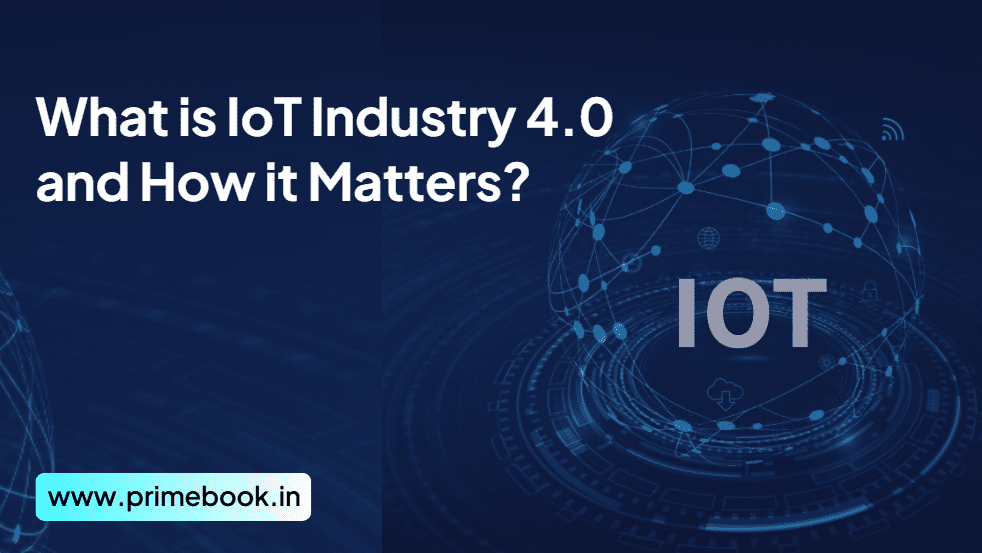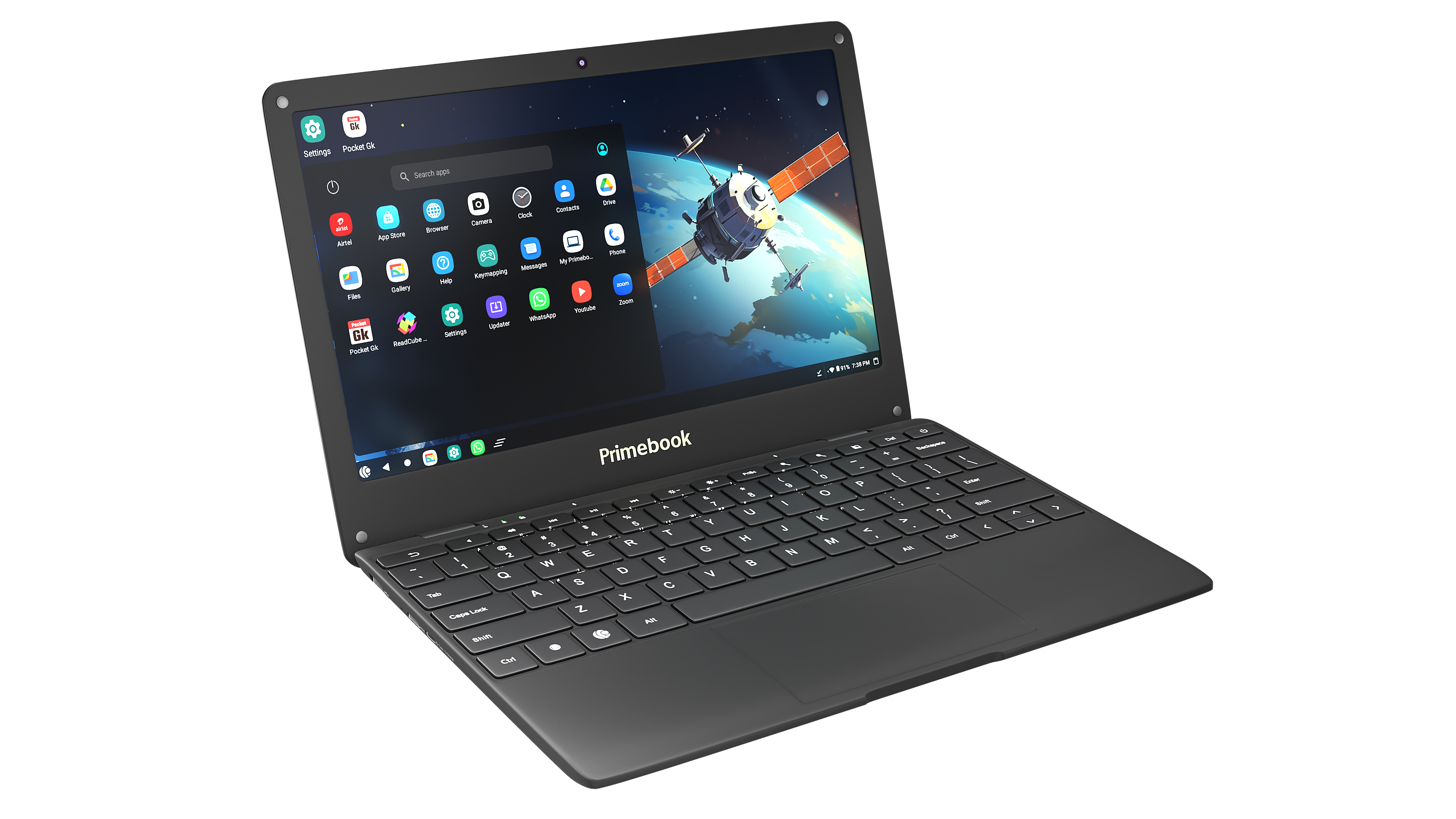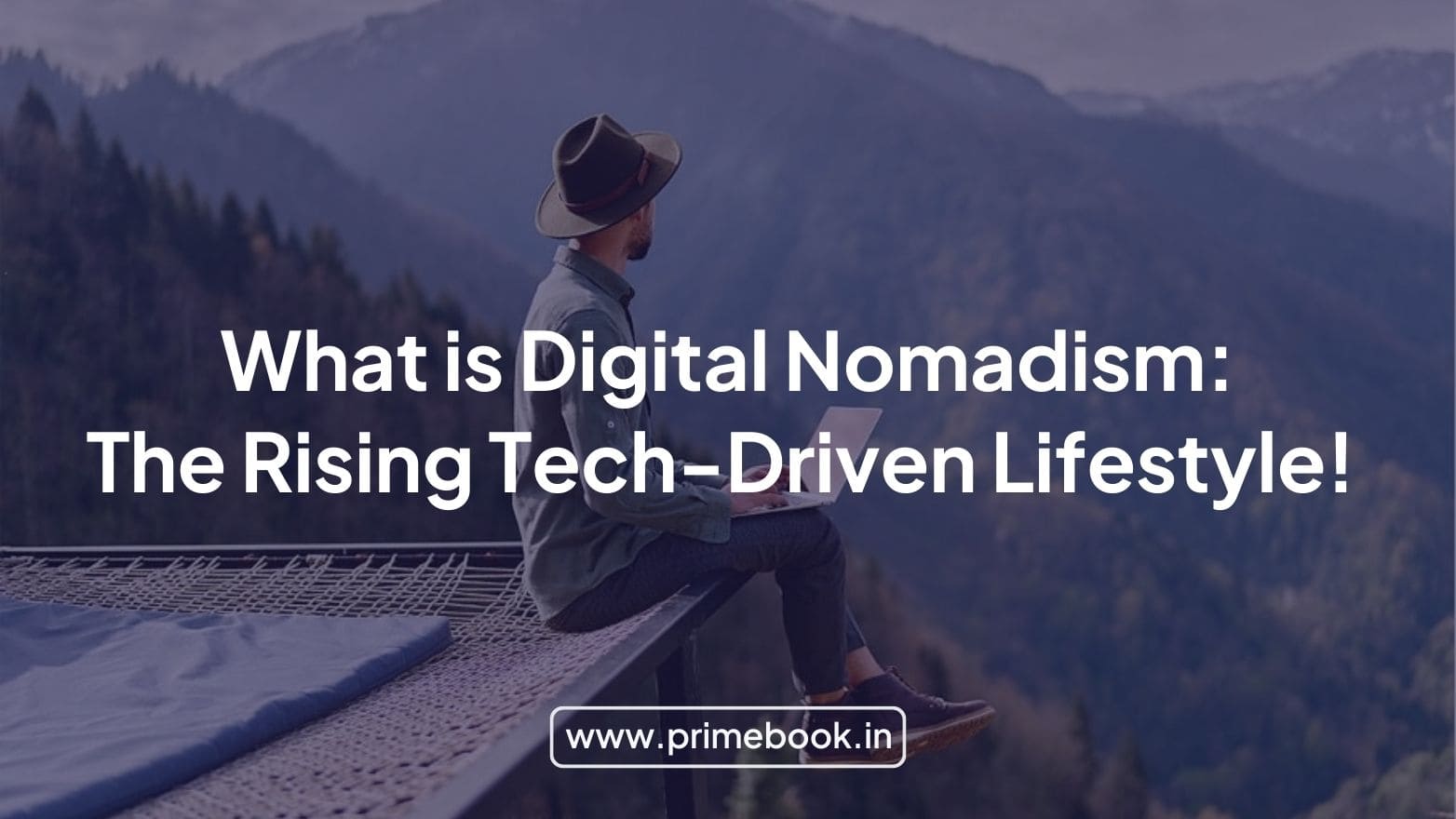Blogs / Trendy Tech Talks / What is IoT Industry 4.0 and How it Matters?
Blogs / Trendy Tech Talks / What is IoT Industry 4.0 and How it Matters?

Ananya Dasgupta
22 Jul 2024

What is IoT Industry 4.0 and How it Matters?
In 2024, terms like “IoT” and “Industry 4.0” became popular word-of-mouth. That’s because such robust technological evolution holds the potential to fundamentally change the way we lead our everyday lives with interconnectivity and extensive automation. How? This blog on what is IoT industry 4.0 shall uncover them all!
Internet of Things (IoT): A Brief Note!
IoT is the interconnection of different physical things, such as devices, vehicles, and applications with sensors, softwares, and connectivity. This interconnected system is where the diverse physical objects interact and communicate with each other, sharing data and information related to the external environment.
This means IoT includes interrelated computing devices, machines; digital and mechanical, products, animals, and people, each provided with a unique identifier. IoT is one of the key technologies of the Industry 4.0 model and a major catalyst of smart factories.
Industry 4.0 Vs. Internet 4.0: What Are They?
Although Industry 4.0 and Internet 4.0 are often used as interchangeable words, they are certainly not the same! Industry 4.0 stands for the fourth industrial revolution, or precisely, the 21st-century digital transformation we are in now. Whereas, Internet 4.0 stands for the next-gen internet that holds faster speed, enhanced connectivity, smart machines, and more immersive experiences.
History of Industry 4.0: How Did We Get to It?
We are all aware of the first industrial revolution that occurred between the late 1700s and early 1800s. That’s where Industry 4.0 has its roots; where manufacturing first evolved from manual production to more machine-led optimal output.
Later, in the early 1900s, the advent of steel and electricity marked the beginning of the second industrial revolution, and after the 1950s, the world entered into the third industrial revolution. This is where manufacturers leveraged more electronics and computer-based technologies in the factories to improve automation. More software and digital technologies came into place to steer the production scale across various sectors.
The last few decades are what came to be coined as the fourth industrial revolution, or in other words, industry 4.0. It’s synonymous with smart manufacturing and entails the maximal use of digital technology. This is to access real-time data and deliver real-time decision-making, consequently improving productivity, flexibility, and agility to transform how various companies manufacture, improvise, and distribute their products or services.
How Industry 4.0 Work?
Industry 4.0 centres around the collection of real-time data from the physical environment and their intelligent utilization to allow large-scale machine-to-machine communication and drive autonomous processes. Manufacturers and businesses are integrating Industry 4.0 technologies, such as IoT, cloud computing and analytics, artificial intelligence, and machine learning into their business operations to create higher values.
A smart factory is one of the most prominent examples of the Industry 4.0 model and it’s typically equipped with advanced sensors, integrated software, and robotics, collecting and analyzing data precisely for better decision-making. The combination of production data with that of customer service, ERP, supply chain, and others is what helps create higher value through a whole new level of visibility and insights from the prior siloed information. The large amount of data connected can also provide tools for performing predictive maintenance, thereby minimising equipment downtime.
Who’s Using Industry 4.0 Model?
Here are the different sectors extensively using the Industry 4.0 model, like IoT, in their businesses today!
Steel Manufacturers
Industry 4.0 technologies are empowering steel manufacturers to create a more resilient supply chain through improved data collection and analysis of the demands across the enterprise.
Food, Beverages, & Consumer-Packed Goods
For process manufacturers, Industry 4.0 technologies are acting as a major catalyst to shore up the complex production and distribution processes, thereby helping set a competitive edge in the market.
Chemical Companies
The employment of Industry 4.0 technologies is enabling the transformation of chemical plants into smart factories, where there’s an enhanced analysis via sensor data, new scopes of increasing the production yield, minimal energy consumption, and predictive maintenance.
Automotive Makers
Industry 4.0 technologies, especially IoT, are a seamless pathway to more autonomous and agile manufacturing for automotive makers. IoT provides predictive maintenance solutions for connected vehicles, crafting opportunities for new revenue streams.
High-Tech Manufacturers
IoT and other Industry 4.0 technologies are also being utilized by high-tech manufacturers to cut down the mass production resources and associated costs. This can help them anticipate customer demands better, outmanoeuvre competition, and generate new revenue streams.
Benefits of Industry 4.0 Model
Here are the most significant benefits of using an Industry 4.0 model, like IoT.
1. IoT and other Industry 4.0 technologies like smart machines make businesses more appealing to the younger workforce.
2. It allows businesses to optimize their overall functioning and improve decision-making, thereby reducing costs, boosting profits, and fueling business growth.
3. Industry 4.0 technologies, like IoT, enhance customer experience and satisfaction, helping businesses to stay ahead of their competitors.
4. By streamlining the process of internet-connected machinery, predictive analytics, real-time data, and automation, Industry 4.0 technologies can help address potential issues before they turn big.
5. It makes collaboration amongst the team members much easier than before and subsequently strengthens the team's efficiency.
In a nutshell, Industry 4.0 is the phase of digital transformation we are undergoing, and IoT plays the major focal point therein, because of its accessibility and scalability benefits. It matters to this world because this dynamic transition can help the world boost production power, topple errors faster, and save money and time.


 Related Blog
Related Blog









